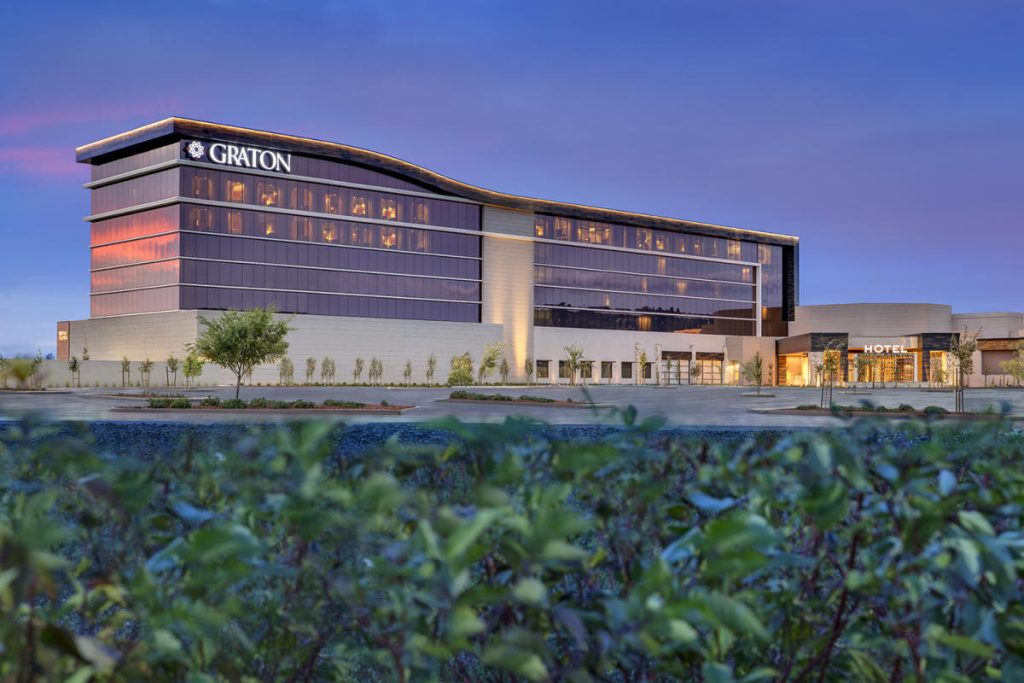The Koi Nation, a small landless tribe in Northern California, has been pursuing the opportunity to open a lucrative casino for years. In 2019, a federal court ruling allowed the tribe to partner with the Chickasaw Nation of Oklahoma to invest in land that could potentially be used for a casino. The Koi Nation aims to build a $600 million casino and resort in Sonoma County, which would bring significant economic benefits to its members and the region. Placing the land into trust is a critical step in the process, and the tribe is currently waiting for U.S. Department of Interior Secretary Deb Haaland to make a decision on the matter.
Despite facing opposition from other tribes and California Governor Gavin Newsom, who have raised concerns about the Koi Nation’s historical connection to the land, the tribe remains committed to its goal. The proposed casino would be located near existing Native American casinos, which has further fueled opposition to the project. However, tribal leaders believe that the casino would provide much-needed resources for their community, including educational opportunities for young tribe members. Dino Beltran, Vice Chairman of the Koi Nation’s Tribal Council, expressed disappointment at facing opposition from established tribes in the region.
Greg Sarris, chairman of Graton Rancheria, one of the most vocal critics of the Koi Nation’s project, has questioned the tribe’s historical ties to Sonoma County. Under the Indian Gaming Regulation Act, tribes are generally limited to operating casinos on ancestral lands that have been returned to them. However, there are exceptions for federally recognized tribes without reservations, allowing them to build casinos outside their ancestral land if they can demonstrate a historical connection to the area. The Koi Nation’s legal case is supported by its historic use of a trail that runs through the proposed casino site.
The Koi Nation’s ancestors lived in Lake County until the federal government approved land for their rancheria in 1916, which was later declared uninhabitable. Subsequently, many Koi families moved to Sonoma County, where the tribe is now headquartered. Following a court battle, a federal judge ruled in 2019 that the Koi Nation had the right to pursue land for a casino. Despite the tribe’s strong legal case, politics and opposition from established casinos in the region remain significant hurdles to overcome.
California Governor Gavin Newsom and local politicians have expressed concerns about the Shiloh casino project and another proposed casino in the Bay Area. They argue that approving these projects would stretch the limits of the ‘restored lands’ exception and raise issues of fairness within the tribal gaming industry. Department of the Interior Secretary Deb Haaland will weigh various factors, including opposition to the casinos and their potential economic benefits for the tribes, when making her decision. The outcome of these decisions could impact the landscape of tribal gaming in California, where the industry is already highly competitive.


